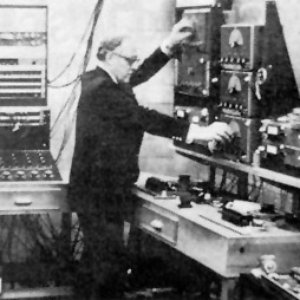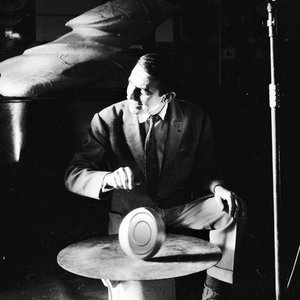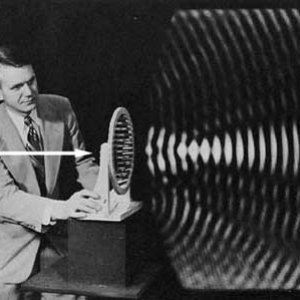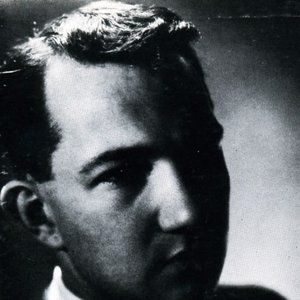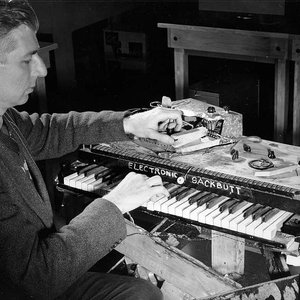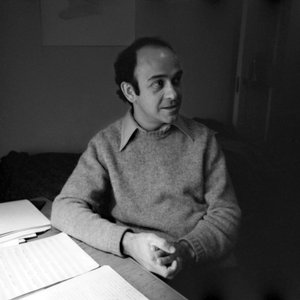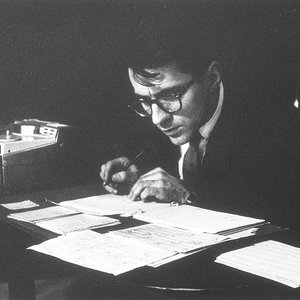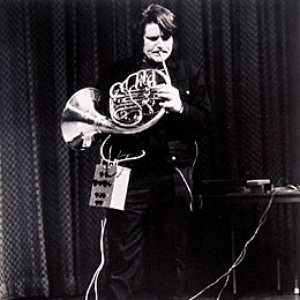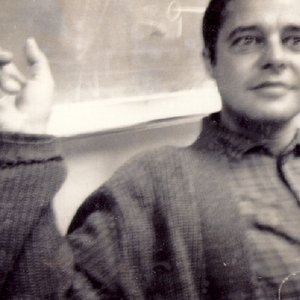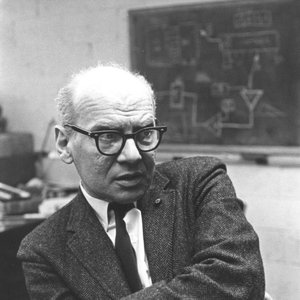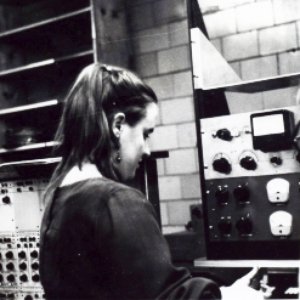Biography
-
Born
15 June 1900
-
Born In
Milwaukee, Milwaukee County, Wisconsin, United States
-
Died
2 September 1996 (aged 96)
Otto Luening (b. Milwaukee WI, June 15, 1900 - d. New York NY, September 2, 1996) demonstrated an infectious musical catholicism both through his prolific output as a composer and as a tireless educator and advocate for new music.
Although he is now most famous for his electronic work in the 1950s and early 1960s in collaboration with Vladimir Ussachevsky, Luening composed a vast body of music, much of it chamber music, characterized by its accessibility and its stylistic variety. Highlights of his extensive output include a flute concertino, four symphonic fantasias, a short symphony for chamber orchestra, three string quartets, three sonatas for violin and piano, three solo violin sonatas, and a substantial body of chamber music with flute, an instrument he played professionally throughout his life. He also composed scores for Hollywood films and television.
Born to a musical family of German descent, he moved with his family at the age of twelve to Munich where he studied at the Staatliche Hochschule für Musik. He made his debut as a flutist at sixteen and moved to Switzerland the following year where he studied composition with Ferruccio Busoni and also spent time as an actor and stage manager for James Joyce's English Players Company. He returned to America in 1924 and became known primarily as an operatic conductor, serving as the executive director of the opera department at Eastman during the first years of Hanson's tenure (1925-28). Among the works whose premieres he conducted are Virgil Thomson's The Mother Of Us All, Gian-Carlo Menotti's The Medium, and his own Evangeline (1930), based on the narrative poem of Longfellow.
In the 1950s, Luening and fellow composer Vladimir Ussachevsky helped to establish the Columbia-Princeton Electronic Music Center where they created on a landmark series of collaborative compositions for magnetic tape and electronic tone generators, as well as works for acoustic instruments in combination with electronic sounds. This association resulted in twenty compositions, Luening's sole-authored works including Fantasy in Space for tape (1952), Gargoyles for violin and tape (1960), and Synthesis for orchestra and tape (1962), commissioned for the 20th anniversary of BMI.
In addition to co-founding the American Music Center, Luening served as Chairman of the American Music Committee of the National Federation of Music Clubs (a program operated through The American Music Center), director of New Music Editions and New Music Quarterly Recordings (after Henry Cowell), and was a co-founder of the American Recording Society and Composers Recordings Inc. (CRI). He later taught at the University of Arizona, Bennington College (VT), The Julliard School, Columbia University, and Barnard College. He was awarded two Guggenheim Fellowships, and awards from the National Institute of Arts and Letters, Phil Beta Kappa and the Wisconsin legislature. He is the author of the book Modern Music (1943), and an autobiography, The Odyssey of an American Composer (1980).
Artist descriptions on Last.fm are editable by everyone. Feel free to contribute!
All user-contributed text on this page is available under the Creative Commons Attribution-ShareAlike License; additional terms may apply.
